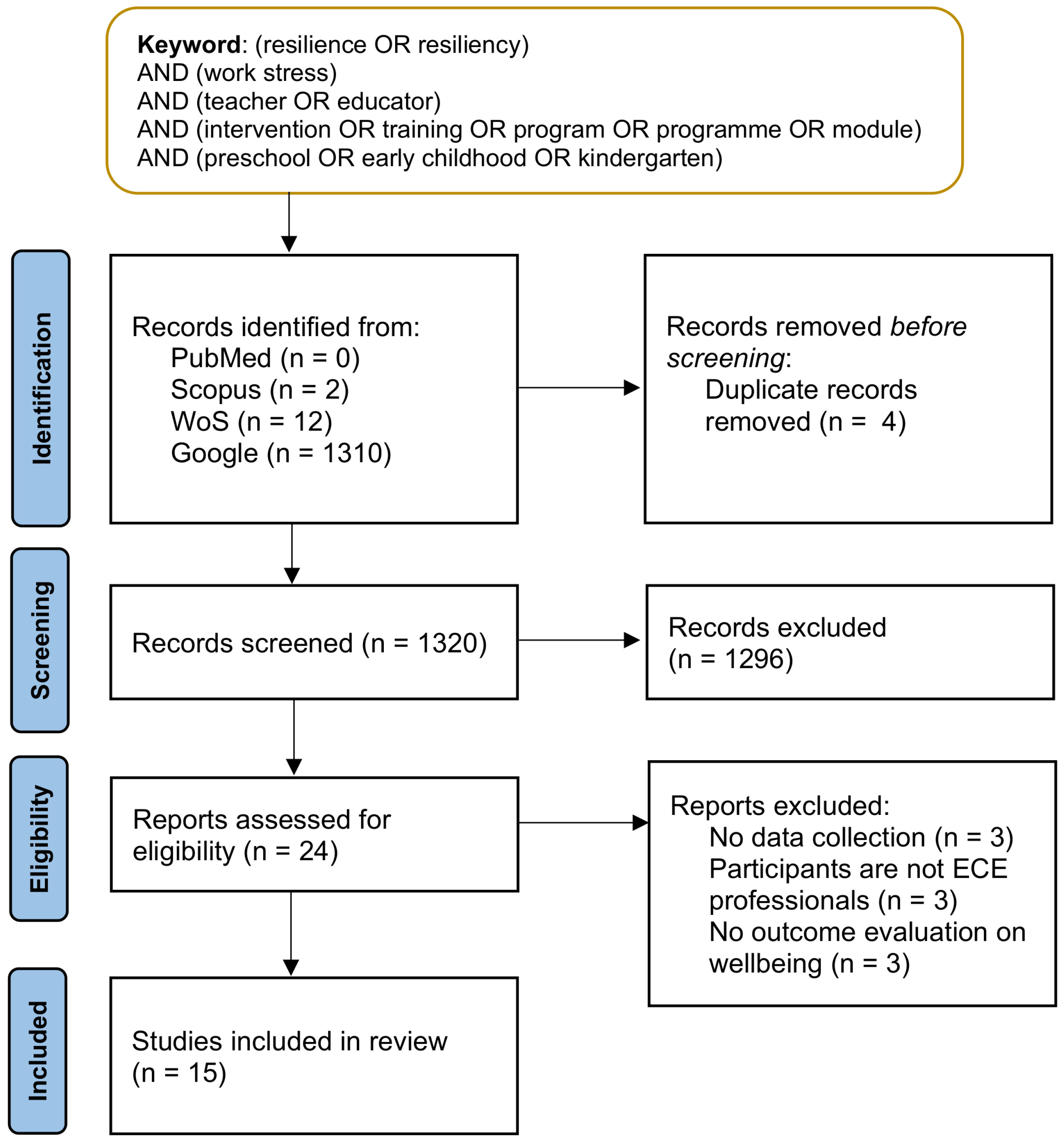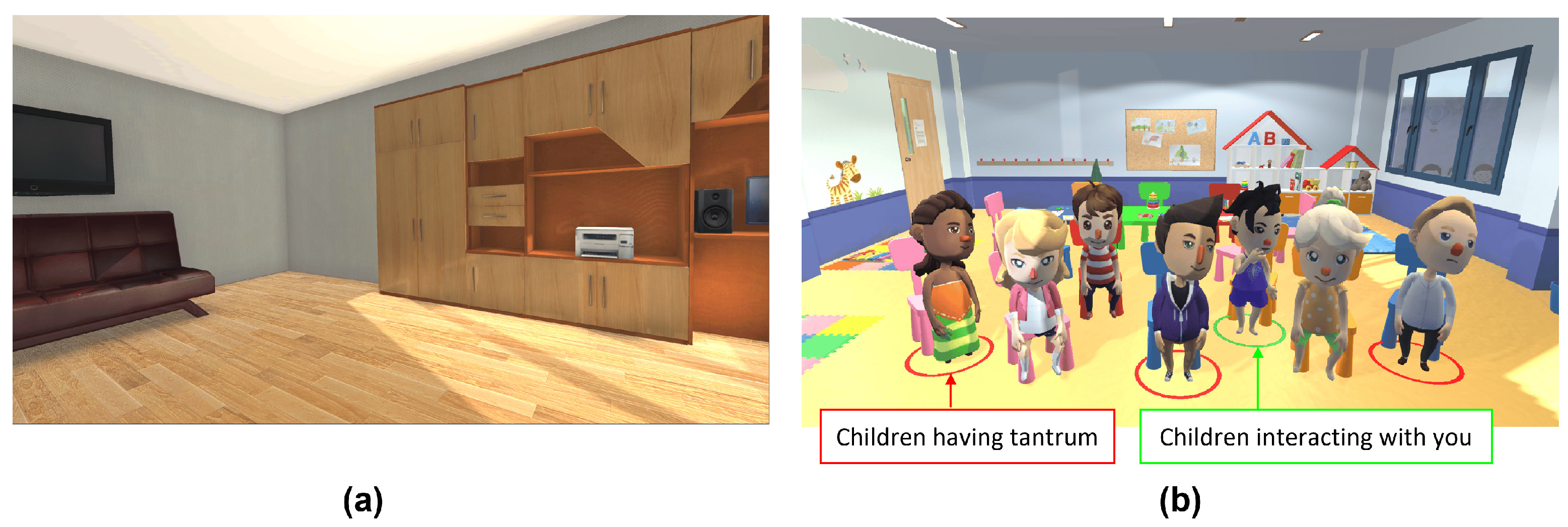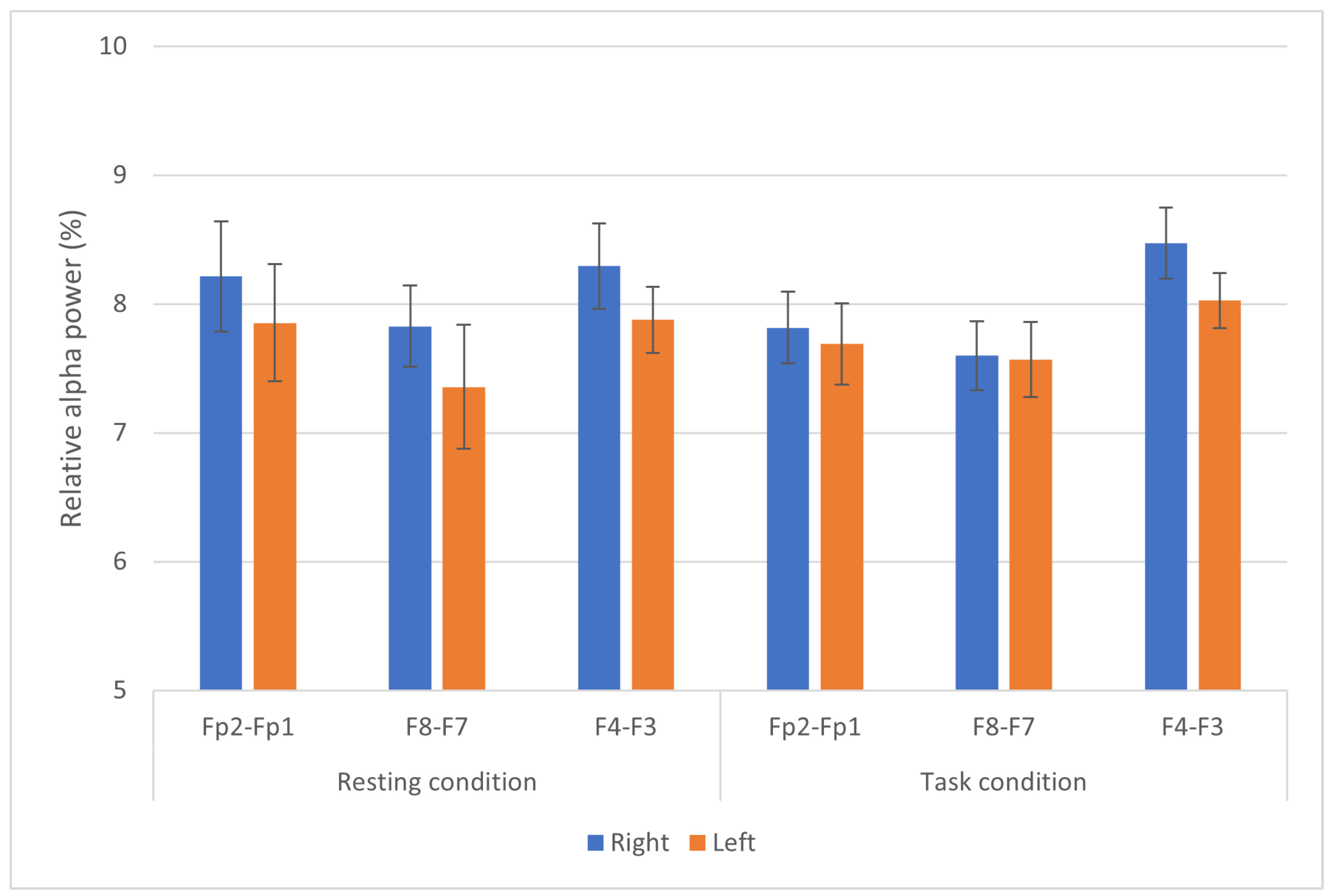Resilience-Building for Mental Health among Early Childhood Educators: A Systematic Review and Pilot-Study towards an EEG-VR Resilience Building Intervention
Author: Tang Tong Boon - April 2022
Rumaisa Abu Hasan, Muhamad Saiful Bahri Yusoff, Tong Boon Tang, Yasir Hafeez, Mazlina Che Mustafa, Masayu Dzainudin, Juppri Bacotang, Ubaid M. Al-Saggaf, Syed Saad Azhar Ali
Abstract
Resilience is a key factor that reflects a teacher's ability to utilize their emotional resources and working skills to provide high-quality teaching to children. Resilience-building interventions aim to promote positive psychological functioning and well-being. However, there is lack of evidence on whether these interventions improve the well-being or mental health of teachers in early childhood education (ECE) settings. This review examined the overall effectiveness of resilience-building interventions conducted on teachers working in the ECE field. A systematic approach is used to identify relevant studies that focus on resilience-building in countering work stress among early childhood educators. Findings from this review observed a preference of group approaches and varying durations of interventions. This review highlights the challenges of the group approach which can lead to lengthy interventions and attrition amongst participants. In addition to the concerns regarding response bias from self-report questionnaires, there is also a lack of physiological measures used to evaluate effects on mental health. The large efforts by 11 studies to integrate multiple centres into their intervention and the centre-based assessment performed by four studies highlight the need for a centre-focused approach to build resilience among teachers from various ECE centres. A pilot study is conducted to evaluate the feasibility of an integrated electroencephalography-virtual reality (EEG-VR) approach in building resilience in teachers, where the frontal brain activity can be monitored during a virtual classroom task. Overall, the findings of this review propose the integration of physiological measures to monitor changes in mental health throughout the resilience-building intervention and the use of VR as a tool to design a unique virtual environment.
Methodology
The aim of this review is to discuss the overall implementation of resilience-building interventions conducted among teachers working in an ECE setting. To identify relevant studies, this systematic review followed the Preferred Reporting Items for Systematic Reviews and Meta-Analyses (PRISMA) protocol. The host databases PubMed, Scopus, Web of Science and Google Scholar were used to perform keyword searches for articles, up to and including December 2021. The keywords used to search for articles were: (resilience OR resiliency) AND (work stress) AND (teacher OR educator) AND (intervention OR training OR program OR programme OR module) AND (preschool OR early childhood OR kindergarten). In the identification phase, the keywords were screened in the title and abstract of each article, without restriction on publication date. The articles were screened for research related to resilience interventions conducted in ECE settings. In this review, we define the ECE as education and care-taking of infants to 6-year-old children.
Impact & Benefits
Reduced Stress and Burnout: Resilience-building interventions help educators manage stress more effectively, reducing the risk of burnout.
Improved Emotional Well-Being: Enhancing resilience can improve overall emotional well-being, leading to better mental health outcomes.
Personalized Feedback: EEG-VR interventions can offer real-time feedback on brain activity, allowing for a personalized approach to resilience-building.
Engaging and Immersive Experience: Virtual reality provides an engaging and immersive experience that can make resilience training more effective and enjoyable.
Market Potential
How your invention/work can benefit UTP:
Is there a demand for this invention/work? How big is the market?
RASMi as a brain monitoring device: Estimated market growth from 2022-2030 at CAGR of 6.6%. The increase in mental health awareness especially after the pandemic has contributed to the market growth of brain monitoring products.
Who are the main player?
Provide organizations with mental resilience assessment for their employees
How your invention/work can benefit UTP:






